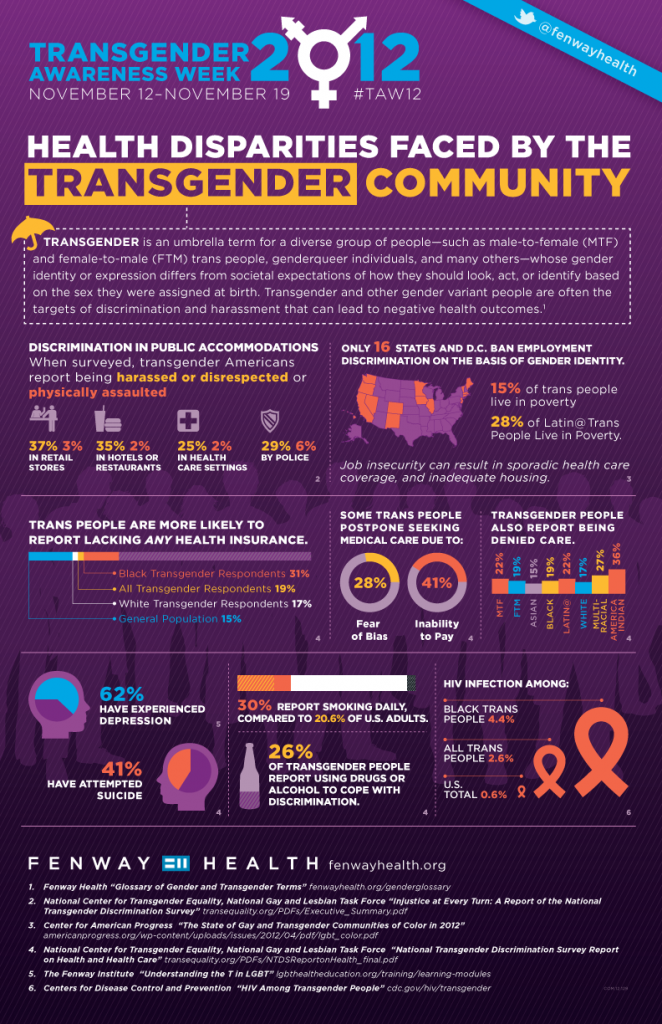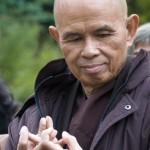Last week, at the annual meeting of Lutheran Women in Theological and Religious Studies at the AAR/SBL, I talked about how transgender activism and queer theory needs to be more a part of our theological reflections on what it means to be a woman. Here’s some of what I said, framed and informed by the work of Judith Butler, Julia Serano, and Jasbir Puar:
The simple fact that there have always been individuals whose socially assigned and constructed gender is not the one that they understand themselves to be, should be enough to complicate things. We know this from the stories that trans and intersex people tell about their lives. These witness to the power of the relationship we have with ourselves, as creatures, and I will say, as created by God. Reconciling all of these dimensions, all of these relationships, has to be part of achieving wholeness and justice – when our self understanding is and can be reinforced, supported, and affirmed by the socially constructed models of being human in the world and with other people, and when all of this is framed and centered on each of us as being imago dei, coram deo.
In a 2009 article, queer Lutheran theologian Mary Lowe points out that identity debates and discourse are also related to our politics:
“This debate over gender identity (essentialism or performativity) is also reflected in the different political strategies … The queer political approach, however, rejects the essentialist solidarity argument and claims that gender is performance and all persons are queer. This opens the door to trans, bi, and queer persons and challenges discourses about sexuality, gender, relationships, and family commonly operating in Christian churches.”
So what is the discourse around what it means to be a woman in our churches? The door is open, the challenges are being raised.
The above infographic is from FenwayHealth.org for Transgender Awareness Week 2012.













